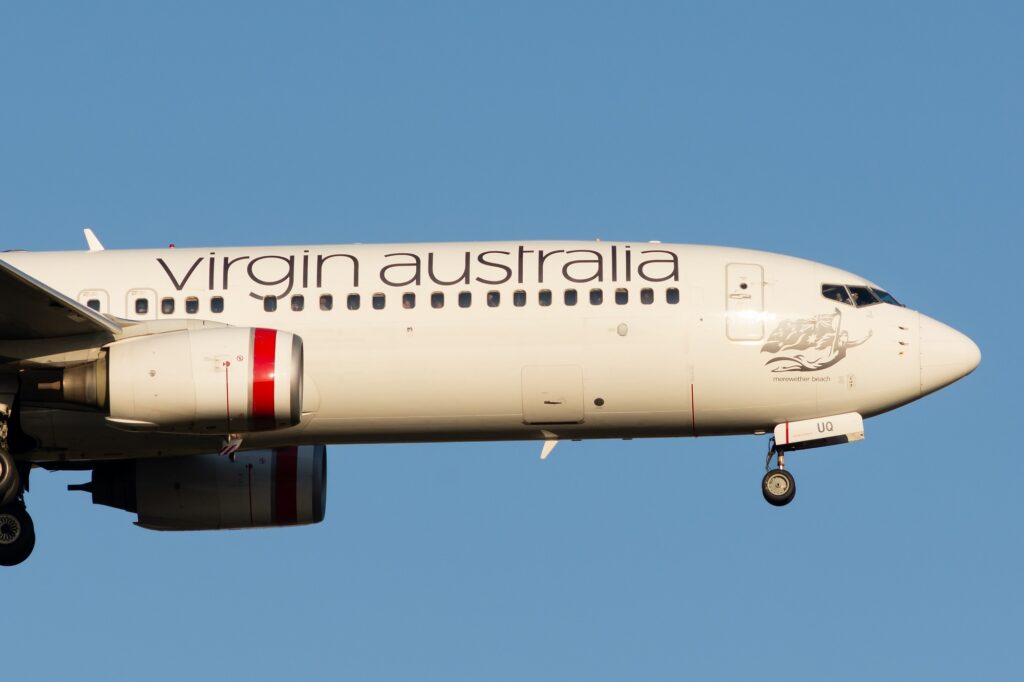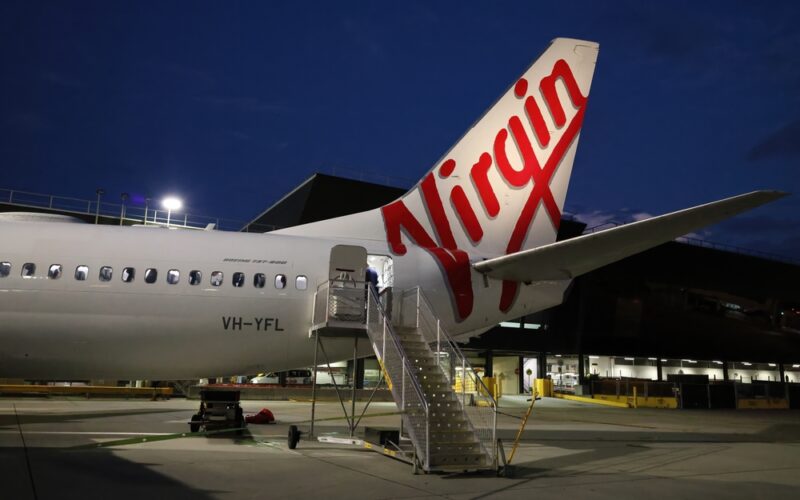The Australian aviation regulator, the Civil Aviation Safety Authority (CASA) has told an Australian Government Senate hearing that Virgin Australia is rostering pilots ‘closer to the limit’ of fatigue. CASA advised the hearing that almost 5% of pilots refused shifts due to tiredness in the previous 28-day roster period amid concerns about back-to-back 12-hour days, However, some pilots are “hesitant” to report fatigue issues out of fear of losing shifts.
CASA officials also commented at the hearing held on May 29, 2024, that pilots had repeatedly raised concerns with the regulator over the Virgin Australia crew rostering system which was compounding fatigue levels among the carrier’s pilot workforce.
Currently, Virgin Australia and the Transport Workers Union (TWU) remain in a standoff over a proposal to strip pilots of six days’ annual leave during negotiations for a new enterprise agreement. Both email chains between pilots and management as well as pilot-only discussion groups raised frustration at what they allege is the airline’s management’s failure to recognize the growing issue of fatigue.
The correspondence, which has been seen by The Guardian Australia, which first broke the story, revealed anger amongst pilots over outdated roster software which it is claimed has not been replaced despite assurances it would be by the owners of the airline, private equity firm Bain Capital. Additionally, there is an alleged reliance on routinely scheduling pilots to work maximum shift lengths (12 hours and longer in the event of delays) on back-to-back days, while also only allowing for just the legal minimum rest period of 12 hours between flights.

Responding to questions during the hearing, Matthew Bouttell, the executive manager of CASA regulatory oversight division detailed the pilots’ concerns, as well as the results of a TWU survey of 180 pilots (of the roughly 1,000 who work at the airline) which showed that 85% had indicated the rostering system had affected how they manage their fatigue.
Bouttell, along with other CASA leaders explained that while there are strict maximum shift lengths and minimum recovery periods for smaller air operators, more mature airlines such as Virgin have bespoke fatigue risk management systems approved by CASA that could lead to slightly longer days for pilots because of other mitigating strategies. However, Bouttell conceded CASA believed Virgin’s rostering system had been nearing approved fatigue limits.
Boutell also told the hearing that in the previous 28-day pilot roster period, 45 crew removed themselves from duty due to fatigue, a figure which represents just under 5% of the pilot workforce at the low-cost carrier.
Bouttell said pilots self-reporting fatigue and refusing a shift was a “great example” of the airline’s fatigue risk management system working.
“Engaging with Virgin Australia”
According to Pip Spence, the Chief Executive of CASA, the regulator is currently engaging with Virgin Australia to ensure safety protocols and rostered duty hours continue to be aligned,
“We have engaged closely with Virgin,” said Spence. “We’ll continue to explore to make sure that there is nothing that’s being done that shouldn’t be done. But it can’t be down to the individual. The system must support safe outcomes,” she added.
Spence subsequently confirmed that a review of the airline’s fatigue management system would begin within the next 12 to 18 months.

Under the current Virgin pilots’ agreement (which expires at the end of June 2024), pilots are entitled to 12 days off every 28-day roster period, of which there are 13 periods a year. Virgin Australia is proposing that for six of the 13 roster periods, days off would be cut to 11. The TWU survey of 180 pilots found that 93% intend to vote no to the proposed deal and 88% are specifically unhappy with the planned reduction in days off.
Under the proposed deal, which has been agreed upon with the Australian Federation of Air Pilots, a union that represents a majority of pilots at Virgin, pilots would receive a 9.38% pay rise in the first year, and a 3% rise in the second and third years, in return for the loss of the six days off.

